After 6 months of signing the protocol, although 7 businesses were approved, by mid-February, Vietnam had not exported any batch of frozen durian to China.
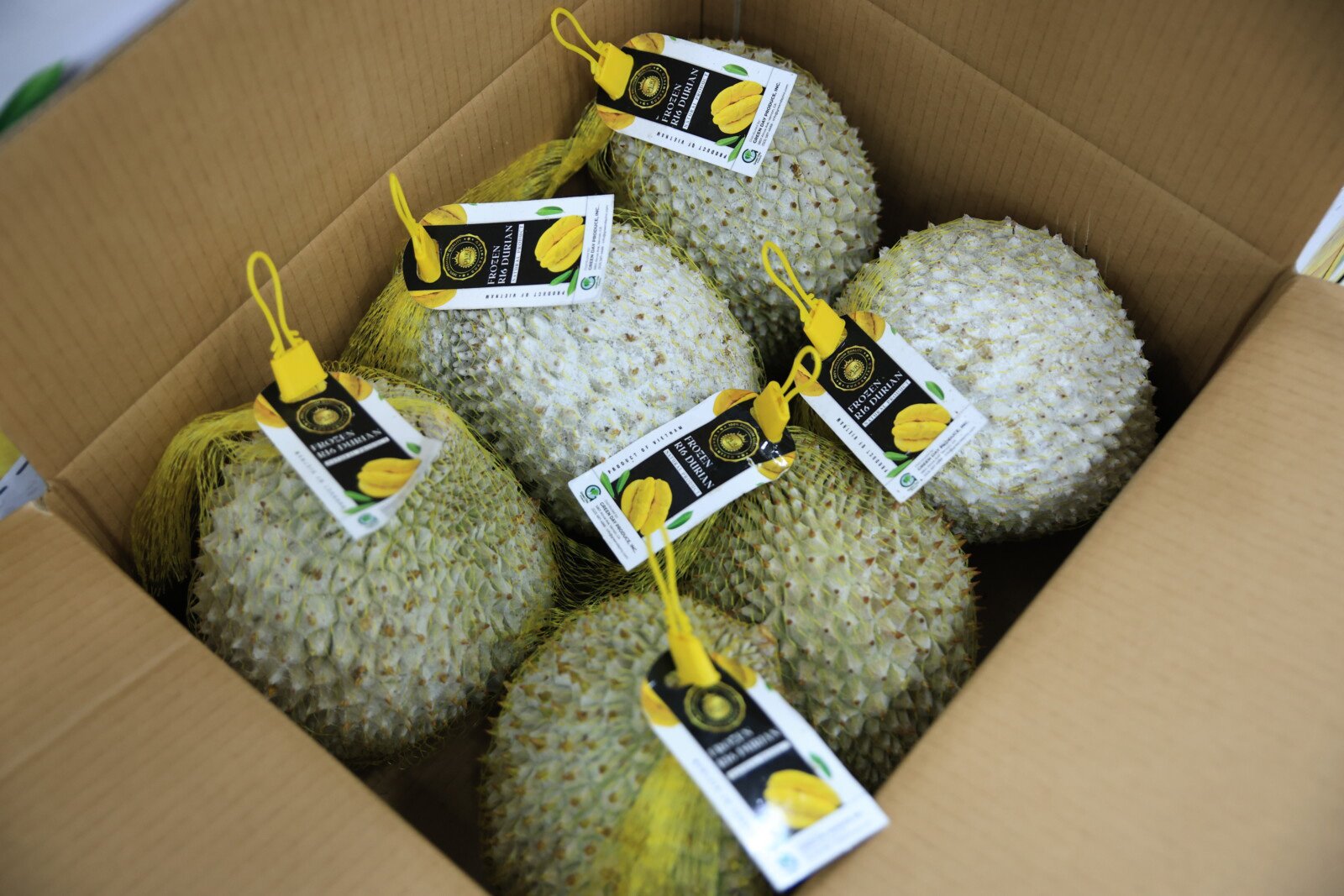
Whole frozen durian - Photo: T.VY
Speaking to Tuoi Tre Online, Deputy Minister of Agriculture and Rural Development Hoang Trung said the ministry is creating all conditions to promote frozen durian exports in 2025.
Currently, there are 7 Vietnamese enterprises recognized by China for export. In addition, there are 25 other enterprises that have submitted documents and are waiting for approval from your side.
According to Mr. Trung, businesses have signed contracts to export frozen durian to China. In the near future, businesses will export the first batches of frozen durian.
"Technically, the Ministry has trained and instructed on the export standards of frozen durian. The export of frozen durian only depends on the signing of contracts between Vietnamese and Chinese enterprises.
The Ministry has requested that if businesses encounter difficulties or problems during the export process, they should report them to the Ministry and the General Department of Customs of China to resolve them.
The businesses said that the only problems they have are negotiating, finalizing contracts and delivery conditions because each container of frozen durian has a very large value," said Mr. Trung.
Mr. Truong A Vung, director of Toan Thang Import-Export Trading Company, said that the company has had its registration application approved and is currently waiting for China to notify it of its approval to export frozen durian.
According to Mr. Vung, the company is expected to export the first batch of frozen durian at the end of May.
"China's demand for imported frozen durian is also very large. The biggest difficulty now is having to test some chemical residue indicators according to China's requirements.
Meanwhile, the issue of residue in our durian is sometimes not guaranteed. This is a problem that the company is concerned about, so we must control the quality of durian before exporting it," said Mr. Vung.
It is known that approved businesses are still hesitant to export frozen durian for a surprising reason: because of concerns about not meeting China's requirements and regulations, especially food safety issues.
If returned, businesses will suffer huge losses (value 3-4 times higher than fresh durian), along with the risk of having exports suspended, and having their growing area codes and packaging facilities revoked.
Previously, on August 19, 2024, the Ministry of Agriculture and Rural Development of Vietnam and the General Administration of Customs of China officially signed a protocol on inspection, plant testing and food safety for frozen durian exported from Vietnam to China.
Frozen durian for export includes whole durian (with shell), durian puree (without shell) and durian pulp (without shell).
According to the Plant Protection Department (Ministry of Agriculture and Rural Development), units wishing to export must register and be approved by China.
Exporting enterprises, packaging facilities and growing areas must strictly comply with the regulations in the protocol, especially frozen durian originating from durian growing areas registered, managed and supervised in Vietnam.
Must comply with China's relevant laws, regulations and standards on food safety and plant quarantine.
Frozen durian must be processed at -35°C or below for at least 1 hour until the core temperature reaches at least -18°C or below, and this temperature must be maintained throughout storage and transportation.
Source: https://tuoitre.vn/ly-do-bat-ngo-khien-viet-nam-chua-the-xuat-khau-sau-rieng-dong-lanh-sang-trung-quoc-20250218151211626.htm


![[Photo] Prime Minister Pham Minh Chinh attends the launching ceremony of the "Digital Literacy for All" Movement](https://vstatic.vietnam.vn/vietnam/resource/IMAGE/2025/3/26/a58cb8d1bc424828919805bc30e8c348)

![[Photo] President Luong Cuong attends the 90th Anniversary of Vietnam Militia and Self-Defense Forces](https://vstatic.vietnam.vn/vietnam/resource/IMAGE/2025/3/26/678c7652b6324b29ba069915c5f0fdaf)

![[Photo] Editor-in-Chief of Nhan Dan Newspaper Le Quoc Minh receives Iranian Ambassador Ali Akbar Nazari](https://vstatic.vietnam.vn/vietnam/resource/IMAGE/2025/3/26/269ebdab536444818728656f8e3ba653)
![[Photo] Students of the Academy of Posts and Telecommunications visit the editorial office of Nhan Dan Newspaper](https://vstatic.vietnam.vn/vietnam/resource/IMAGE/2025/3/26/51093483a84448ccb39d59333ead674e)













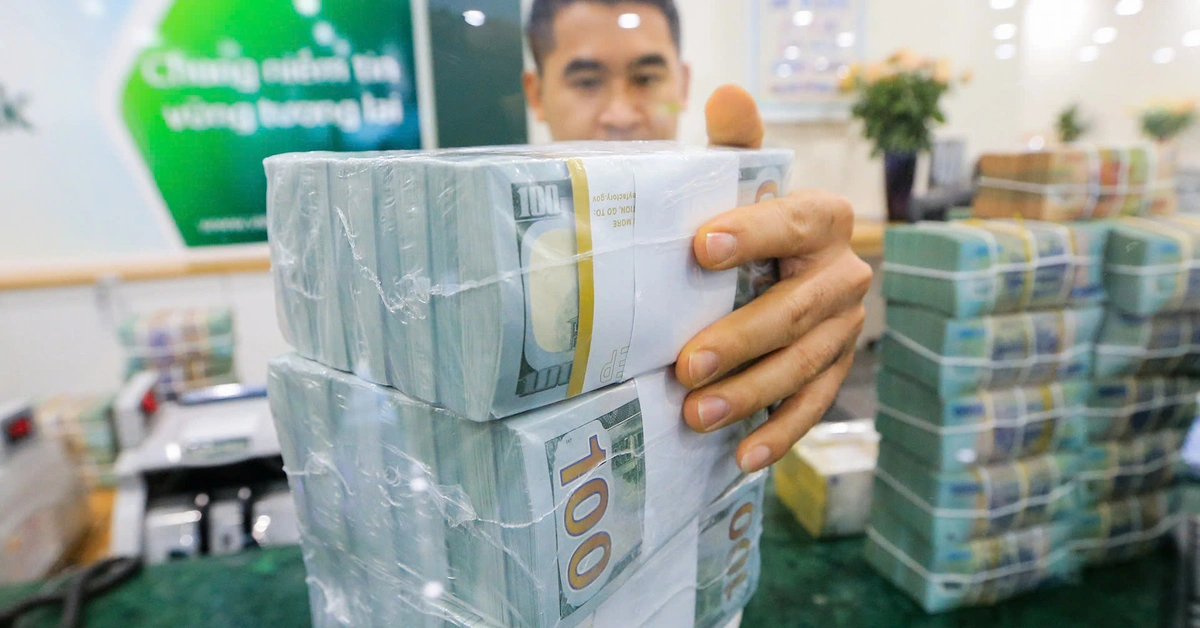

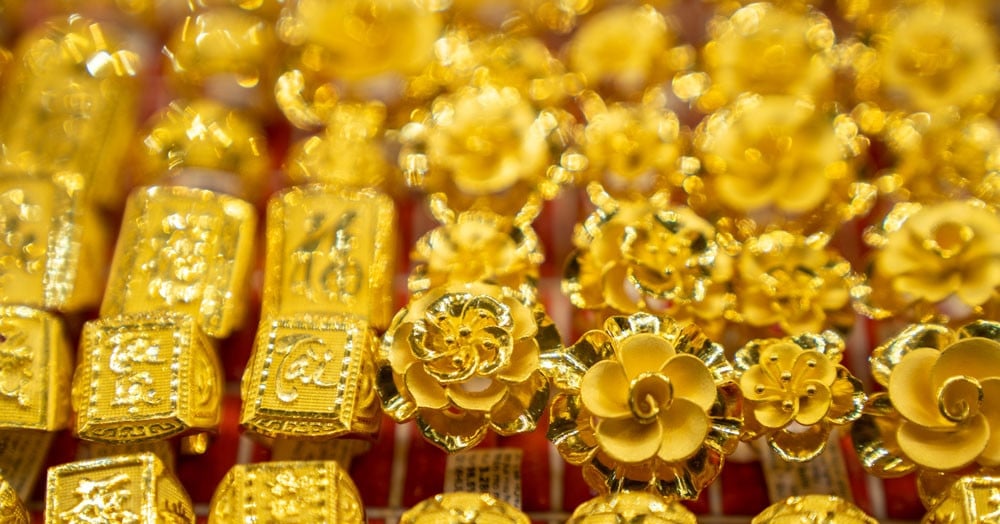

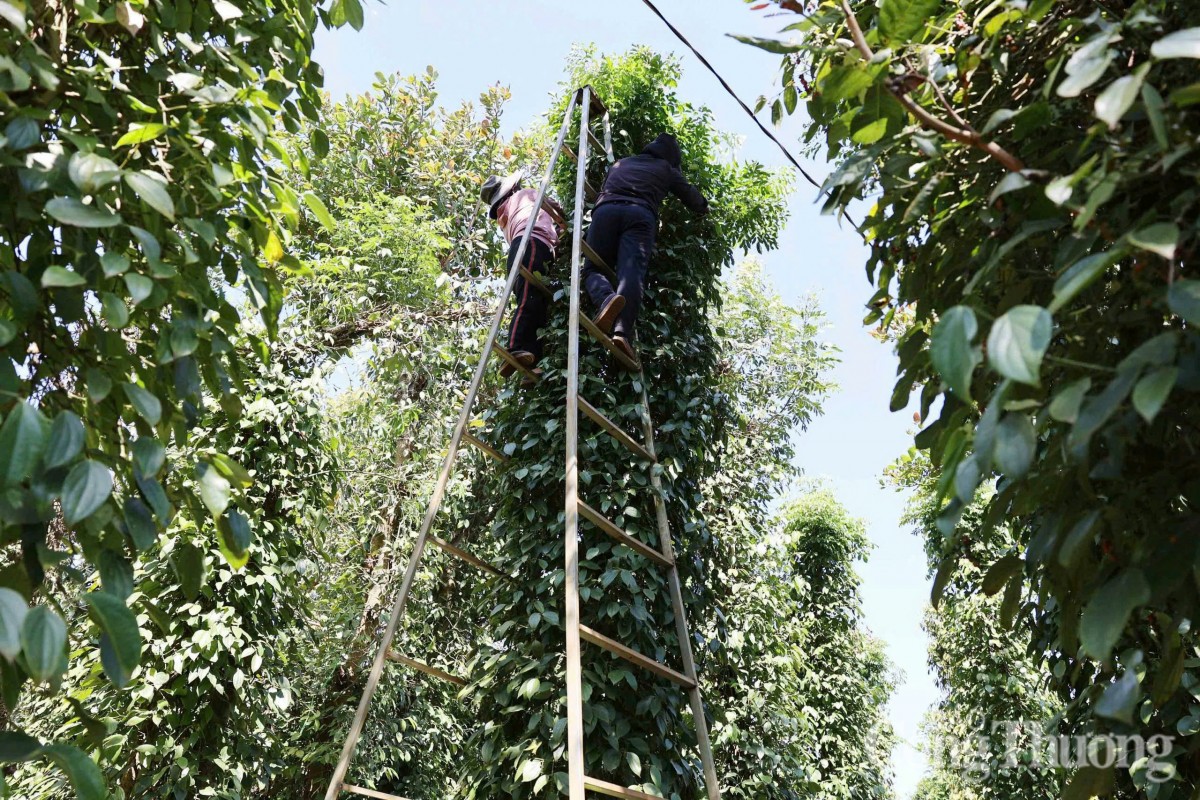




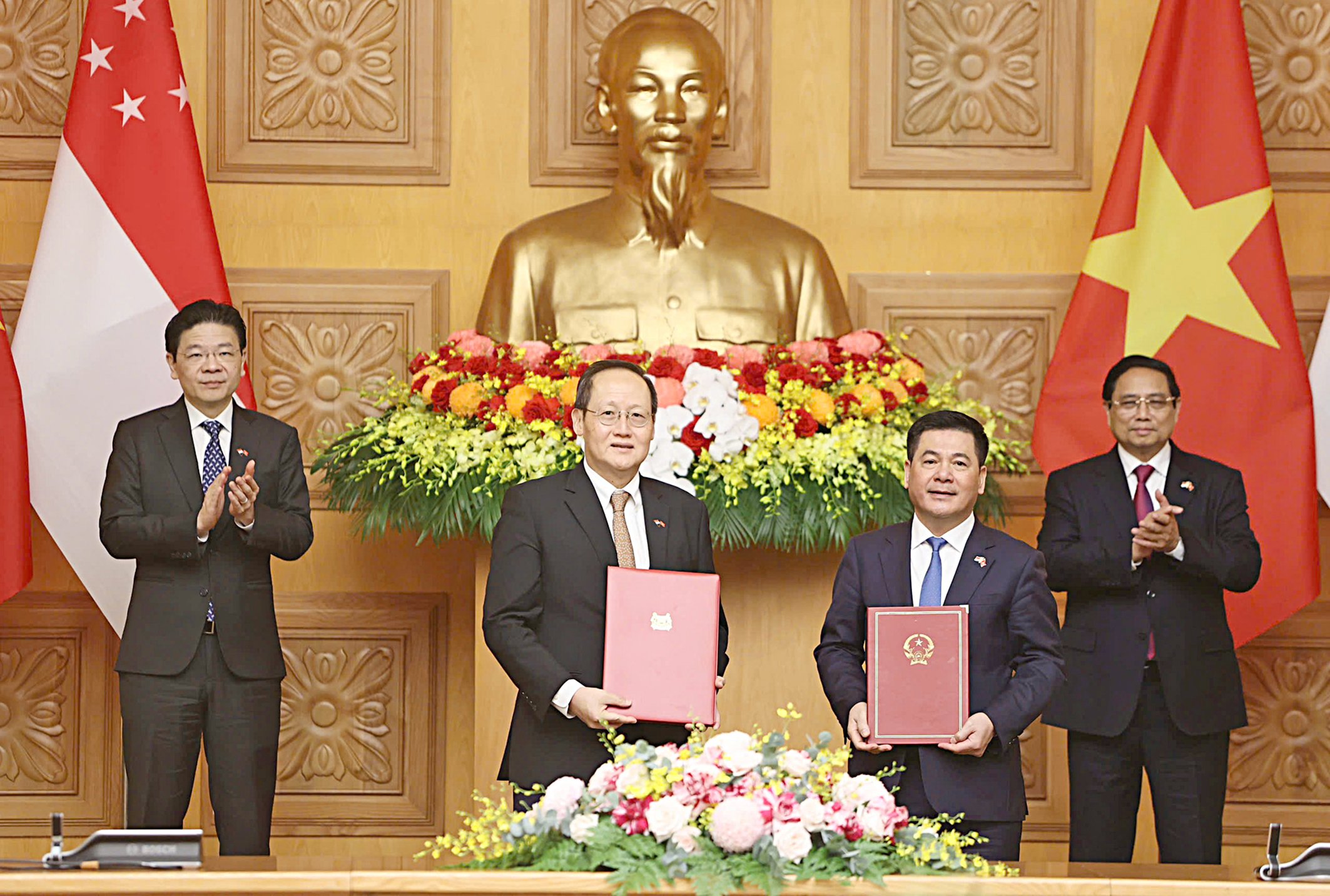






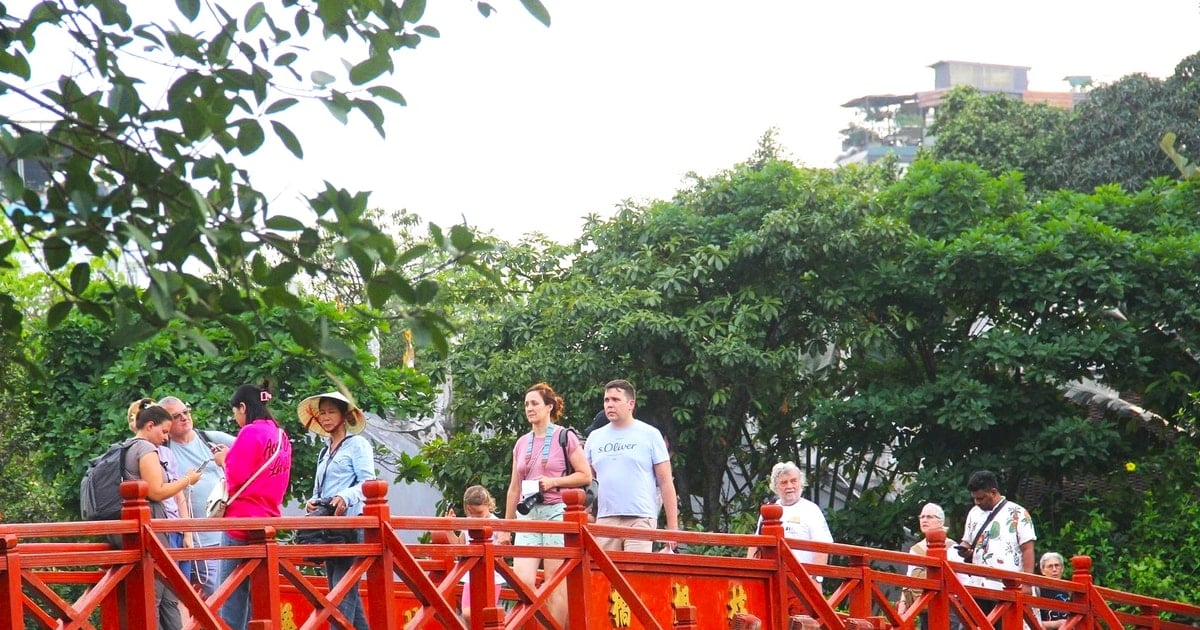



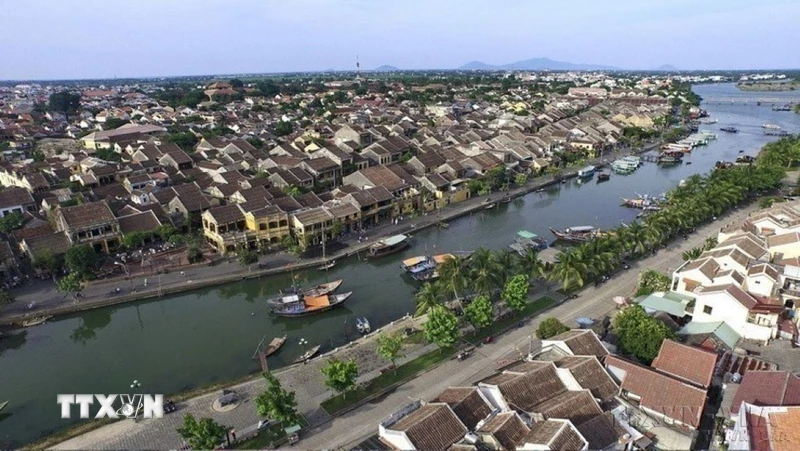







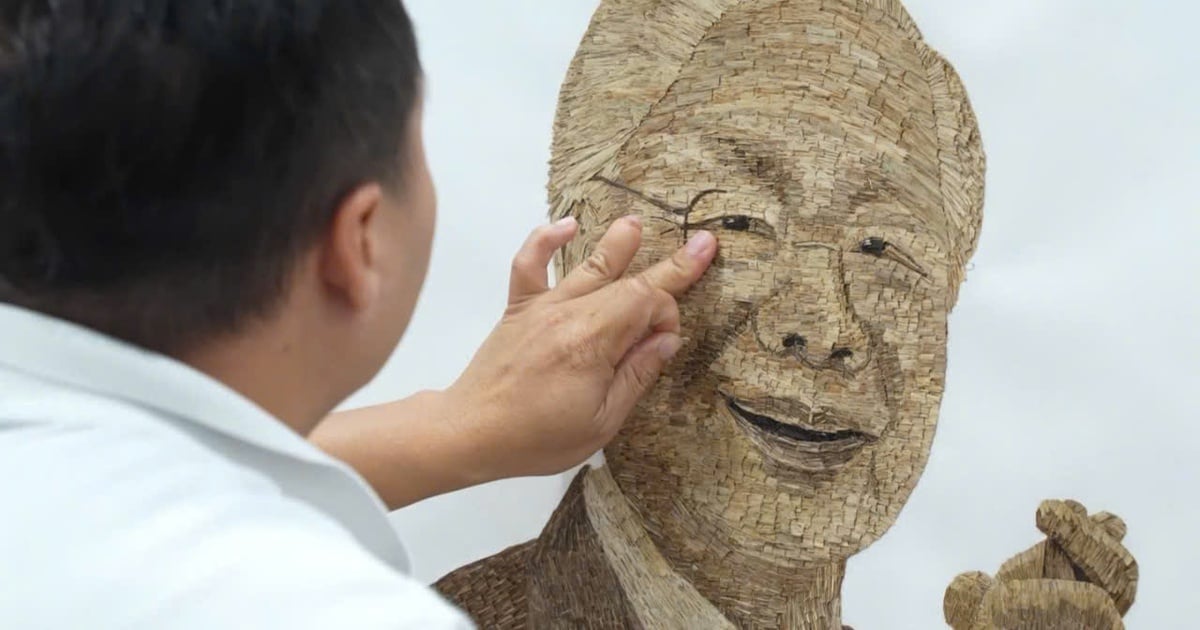













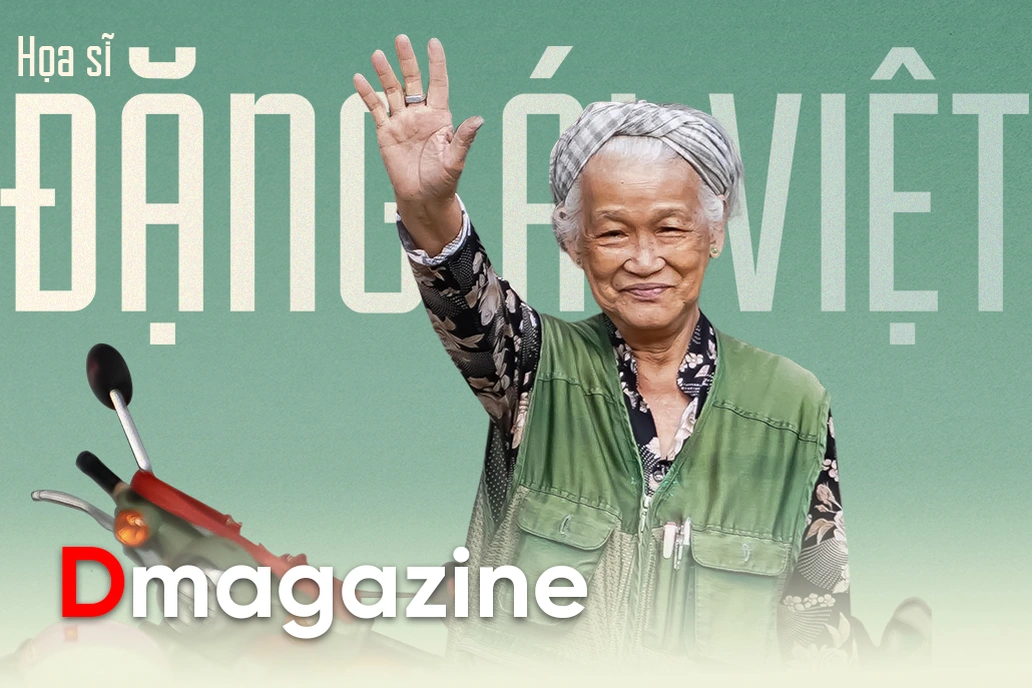



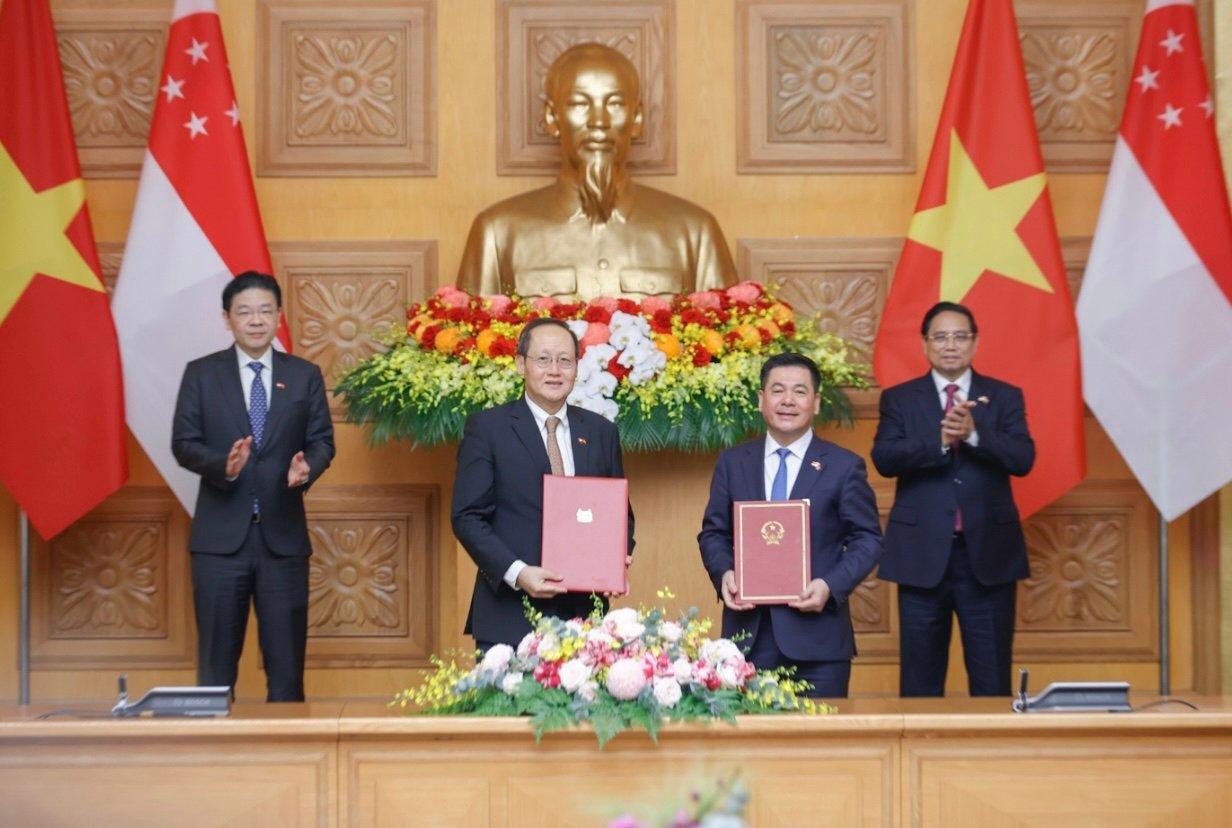





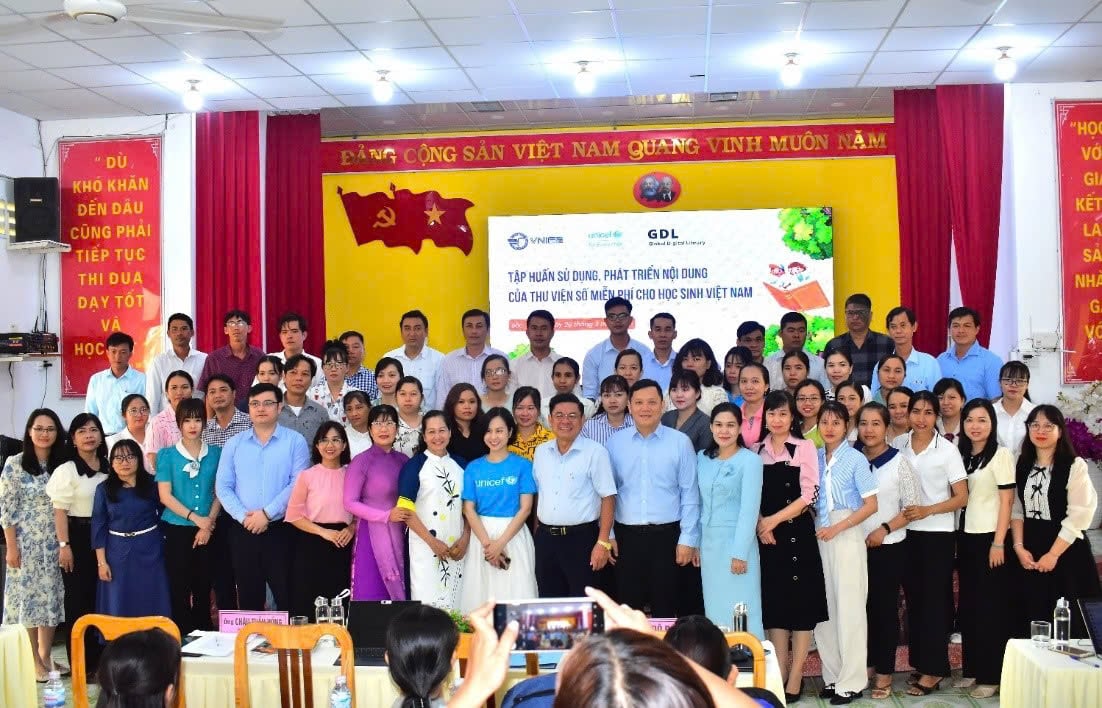
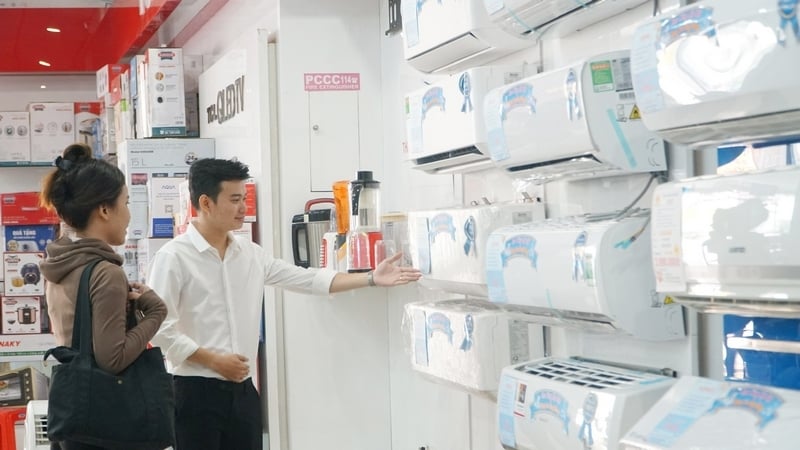
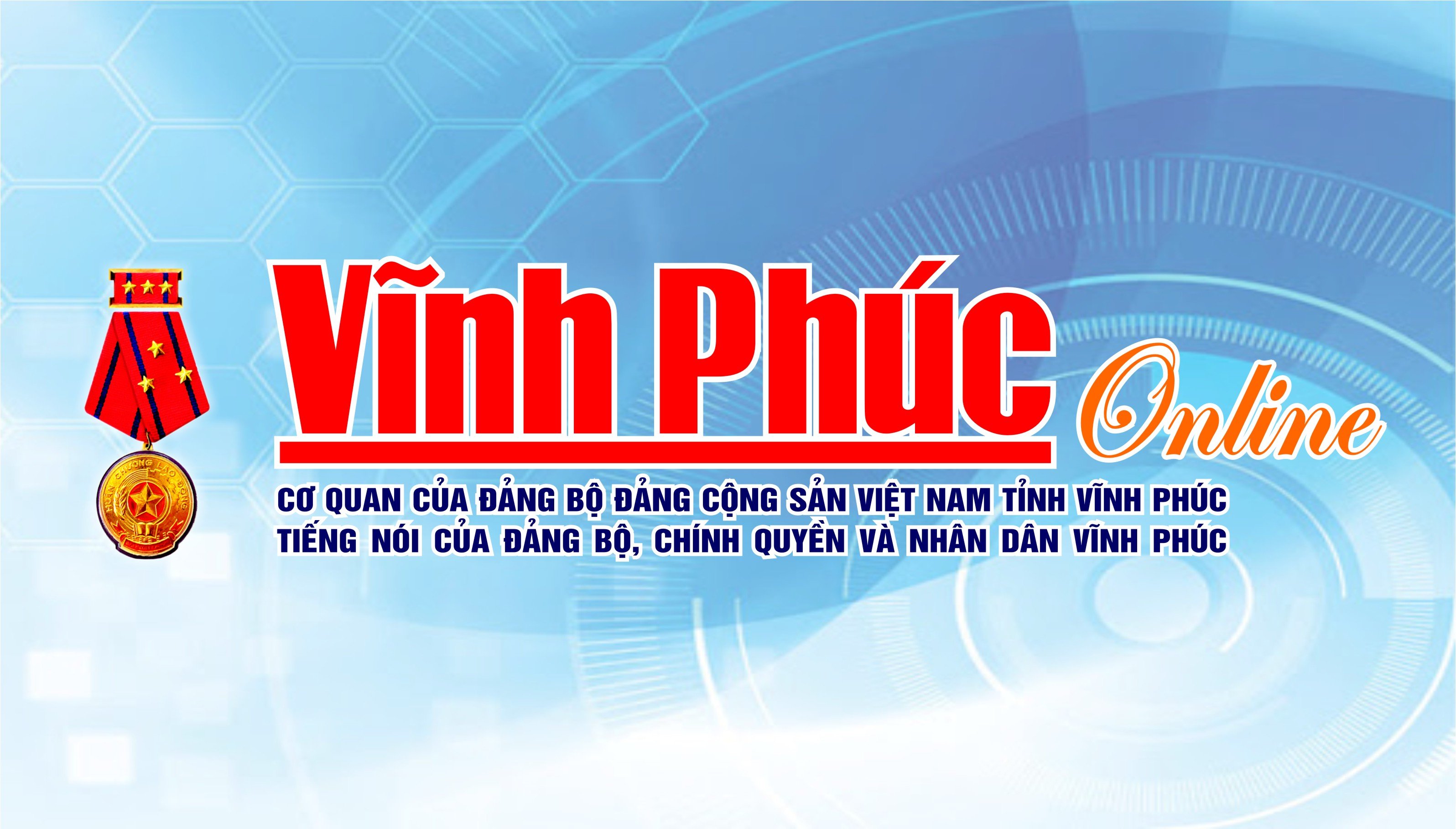
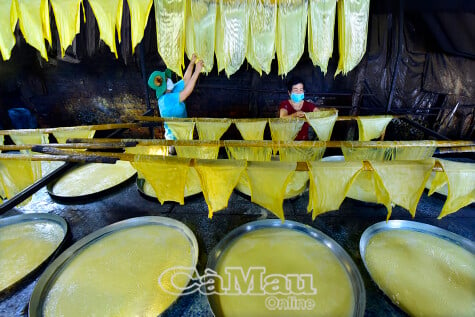



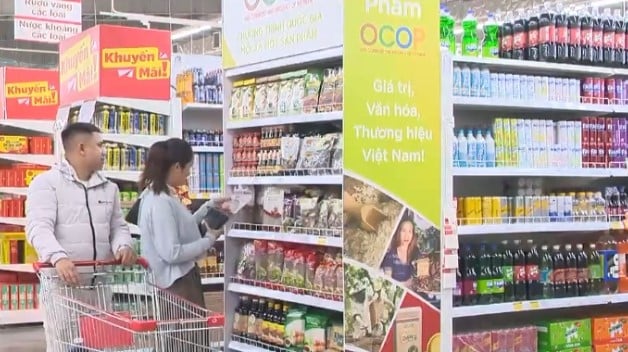


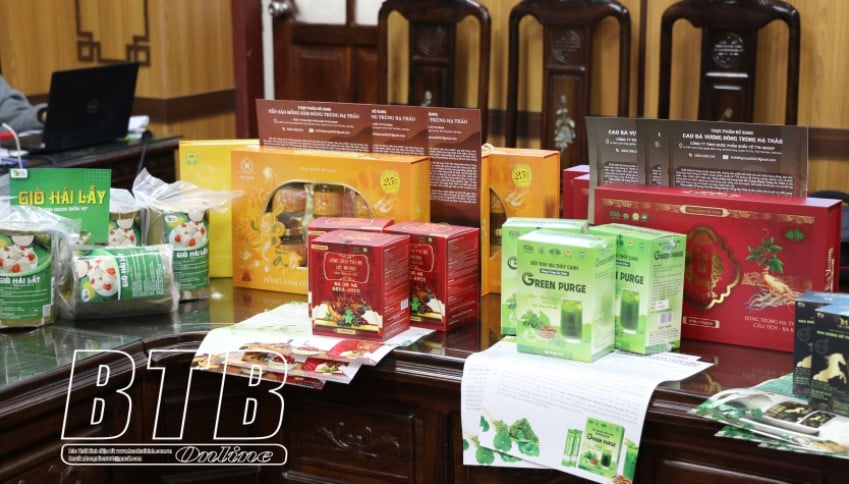





Comment (0)